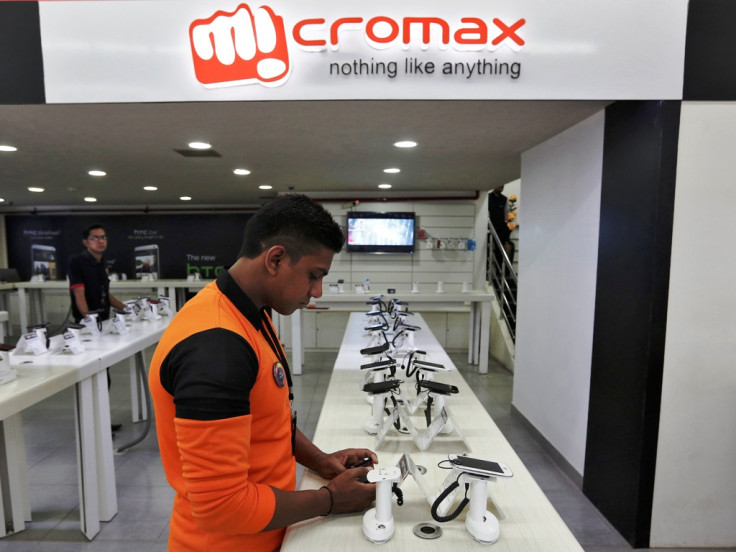India: Mobile phones to add panic button to address women safety

To help women in distress, mobile phone companies in India have agreed to incorporate a panic button on handsets. When in danger, the facility will especially help women in sending an emergency alert to the police, who would rush to their rescue.
India's Women and Child Development Minister Maneka Gandhi, in a statement said that all mobile phone companies in the sub-continent have agreed on introducing the panic button.
When in danger, a user will simply have to long press the 9 button on a handset to send an alert to the police. A common National Women Helpline number would be launched throughout the country as part of the safety measures taken up by the women and child development ministry.
The announcement comes in the wake of rising security concerns among women as most phones do not have any such facility. Both new and existing phones will be upgraded with the panic button.
Recent incidents such as the brutal rape of a 17-year-old girl in New Delhi and the sexual assault on a 14-year-old and her mother in the North Indian State of Punjab on 29 April have sparked outrage in the country.
"It took us one year to finalise this initiative. We held several meetings with mobile companies and they have finally agreed to provide panic buttons in mobile phones," said the Women and Child Development Minister.
"If a woman feels she is in trouble, the only thing she has to do is press that button and it will immediately send a message to the police."
While new handsets will be readily available with the panic button, existing phones can be upgraded to incorporate the button at dedicated centres. It is also confirmed that the Department of Telecommunications will be issuing mandatory regulations in this regard.
"We have asked the companies to built at least 10,000 centres across the country to facilitate mobile phone users in upgrading their phones and adding the button," she said.
The helpline operations will be controlled and monitored by one-stop centres that offer legal, police, medical and counselling assistance to women in distress.
Moreover, a team of special police volunteers comprising young educated girls will be trained in community policing to act as intermediaries between the police and local women to ensure they are protected.
© Copyright IBTimes 2025. All rights reserved.






















